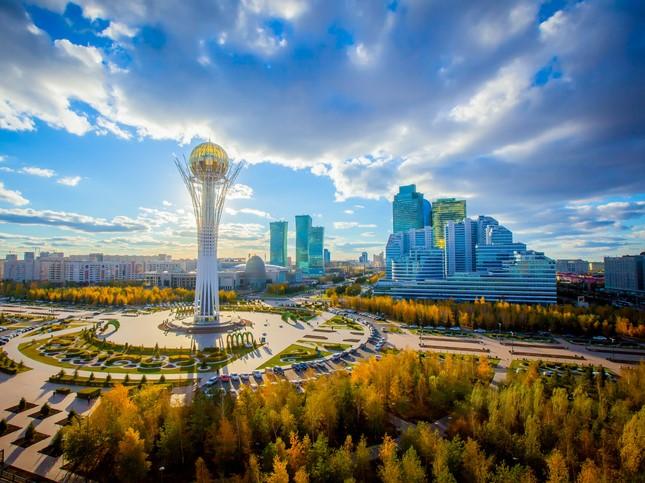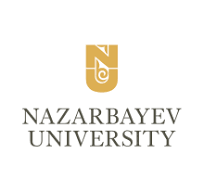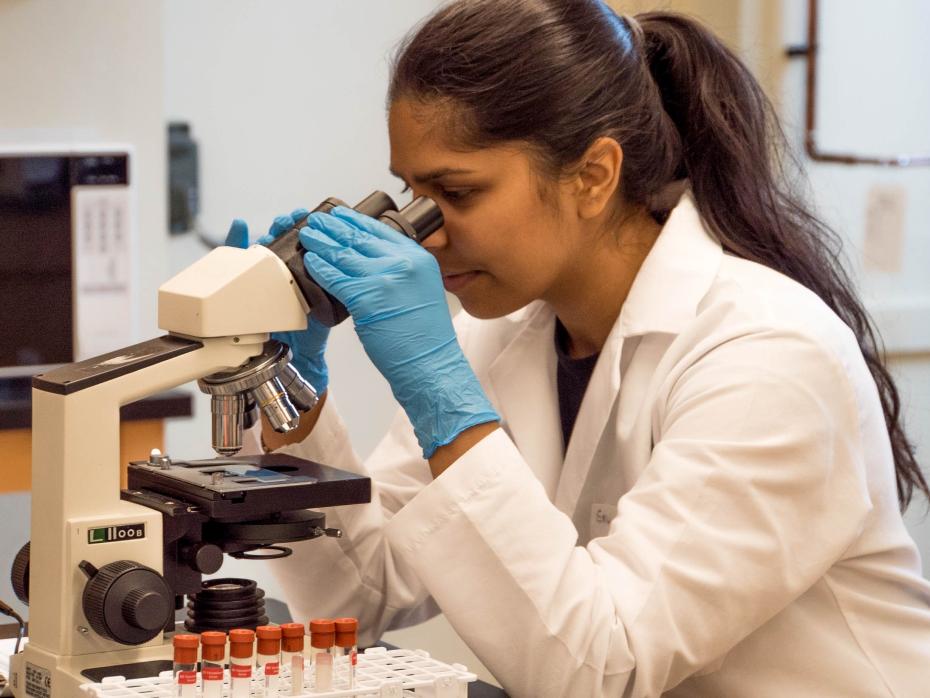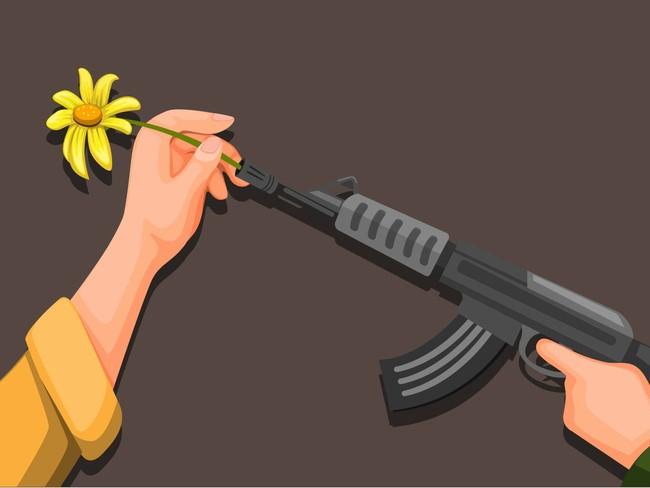
Russia’s intellectual isolation presents opportunities for Central Asian HE
Major universities in this region are now uniquely positioned to build new international partnerships with academic institutions that have lost access to Russia
The Russian Federation’s precipitous alienation from the international academic community is both a direct result of the invasion of Ukraine and the culmination of a much longer process that began with Vladimir Putin’s ascent to the presidency in 2000.
Yet this process need not disrupt the international networks that have developed over the past 30 years among scholars and institutions of the broader, post-Soviet space. From the tragedy of Russia’s self-imposed isolation, there emerges the opportunity to expand and diversify academic networks to build new avenues of intellectual exchange, particularly in Central Asia.
My personal engagement with the former Soviet Union began in August 2001, when I moved to Moscow to teach English with the US Peace Corps. Less than a month after my group’s arrival, our shock at witnessing the 9/11 terrorist attacks from abroad was mitigated by an outpouring of sympathy from the Russian people. The US embassy in Moscow was covered in flowers, and people regularly approached us in the street to express their condolences.
- What can universities do to improve routes into HE for displaced academics?
- Western universities need to look further afield or risk alienation
- How to stop unconsciously discriminating against international students
A decade after the dissolution of the Soviet Union, Russian relations with the US and Europe remained open. Scholars and journalists had enjoyed unprecedented access to archives, libraries and peoples throughout the former USSR. New Russian universities, such as the European University at St Petersburg and the Higher School of Economics, had been founded in the 1990s and recruited foreign professors. Unbeknown to us, this period of open exchange was about to begin its steady decline.
Visa requirements for foreign researchers became increasingly onerous and confusing. By 2015, numerous historians had been detained, fined and deported for accessing archival documents without the proper visa. Government hostility toward independent academic inquiry was directed at domestic scholars as well. Research institutions that received funding from abroad to investigate sensitive topics, such as the human rights abuses of the Stalin regime, were labelled “foreign agents” and closed down. The government began installing loyalists in leadership positions in Russia’s universities, while ousting or arresting academic administrators deemed politically unreliable. Students and faculty who expressed political dissent faced harassment and dismissal. On the eve of Putin’s invasion of Ukraine, it was generally recognised that academic freedom in Russia was in steep decline.
For the academic community, the greatest loss resulting from the war in Ukraine has been the bombing of dozens of Ukrainian universities and displacement of hundreds of thousands of students and faculty. Another casualty of this conflict has been the academic networks established with Russian scholars over the past three decades. In response to Russia’s aggression, many foreign research institutions, such as the Max Planck Society, have ceased all collaboration with Russian academia. Far from seeking to mitigate this trend, the Russian government is also taking measures to decouple its system of higher education from the West.
On 24 May, the minister of science and higher education announced Russia’s withdrawal from the Bologna system of education, which will make it difficult for students to transfer to universities outside the country or obtain recognition of their Russian diplomas abroad. On 28 May, the government officially cancelled the memorandum of understanding with the US on principles of cooperation in culture, humanities, education and media. The Russian Federation is rapidly approaching the state of strict censorship and intellectual isolation that characterised the Soviet era, but with two important differences. Firstly, unlike citizens of the former Soviet Union, Russian citizens are free to leave the country, which they have been doing in large numbers. Secondly, the current dictatorship encompasses only Russia and Belarus, while most other post-Soviet republics remain open to intellectual exchange with the outside world.
Academic engagement with Central Asia is much more recent than with Russia, but interest in this region grew significantly after five newly independent republics emerged from the Soviet collapse. It was my own fascination with this region that drew me to my current position at Nazarbayev University (NU) in Kazakhstan. Since its establishment in 2010, NU has accumulated a unique concentration of expertise on Central Asia and the former Soviet Union in such fields as history, political science, anthropology, sociology, linguistics and archaeology.
Major universities in this region, such as Al-Farabi Kazakh National University, also in Kazakhstan, and the University of Central Asia in Kyrgyzstan, are now uniquely positioned to build new international partnerships with academic institutions that have lost access to Russia.
To seize the opportunity to expand global academic networks in Central Asia, institutions of higher education in this region should move in the opposite direction from their Russian counterparts by asserting their academic freedom. Academic freedom can be demonstrated by faculty members discussing sensitive political issues and producing criticism of their local government, for example as we do of the government of Kazakhstan. By building upon this environment of intellectual freedom, Central Asian universities are more likely to attract students, research partners and funding from abroad.
For these potential partners, this region offers access to the Russian language, the Soviet past and the post-Soviet world. Scholars and institutions interested in discussing collaboration with Central Asian universities should contact the institution’s office of global relations. While the Central Asian republics have been engaged in efforts to revive their national languages, universities in this region can also offer instruction and immersion in Russian for language programmes that are now leaving Russia. For research programmes in the social sciences and humanities, Central Asia can also offer a wealth of underexplored archives, the opportunity to learn local languages and access to materials beyond those only in Russian.
International STEM networks that are now in danger of cancellation as a result of the withdrawal of funding from Russian partner institutions should approach Central Asian universities to fill those gaps. For international academic networks, the formation of new partnerships in Central Asia will not only serve to maintain their global reach but also build mutual understanding in a region of great geopolitical significance.
Daniel Scarborough is a PhD holder in Russian history and assistant professor at Nazarbayev University School of Sciences and Humanities.
If you found this interesting and want advice and insight from academics and university staff delivered direct to your inbox each week, sign up for the THE Campus newsletter.




